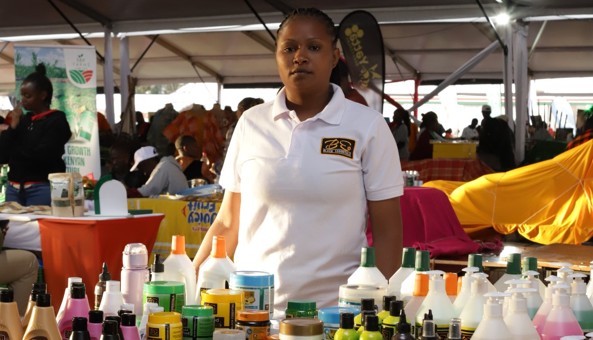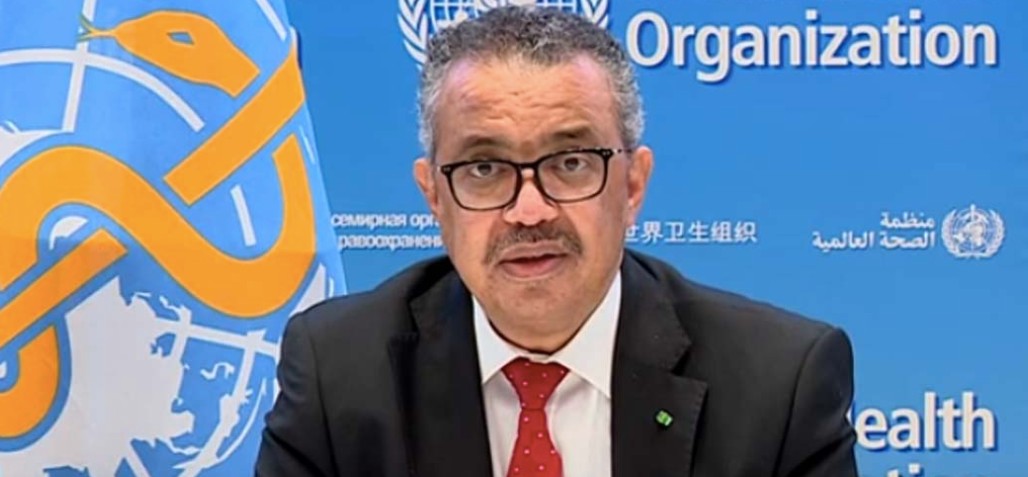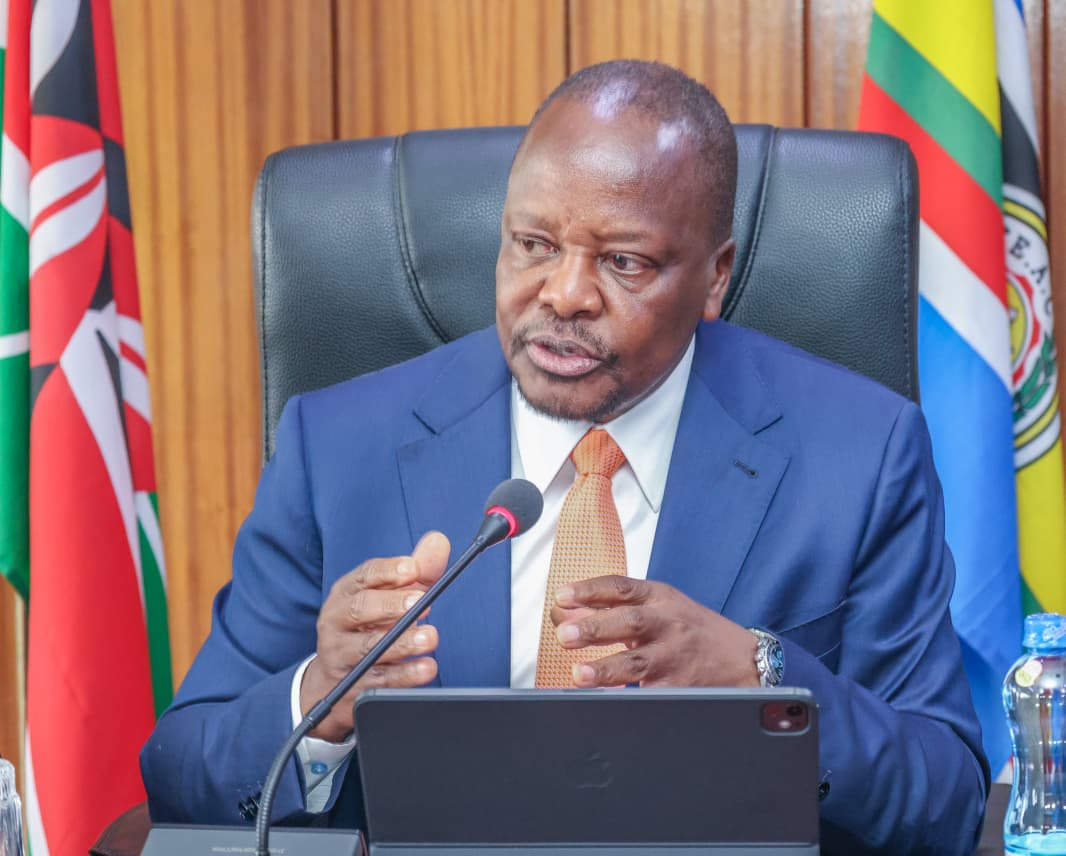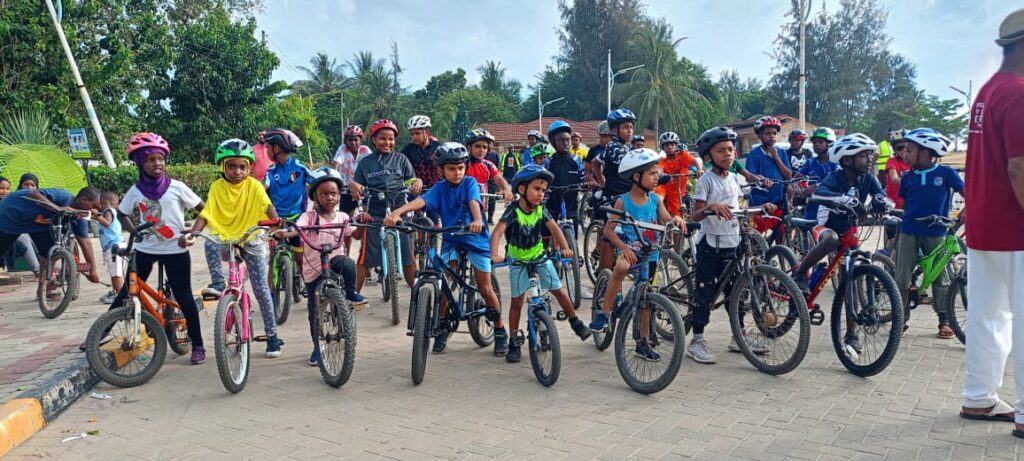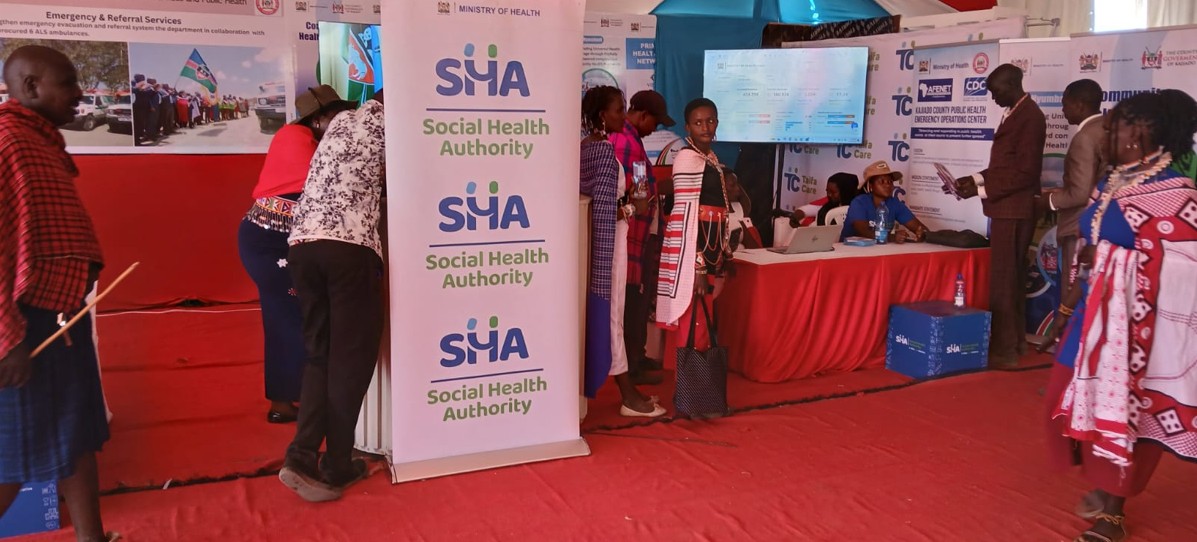Garissa Governor Nathif Jama sounds alarm over Dadaab crisis at IGAD conference
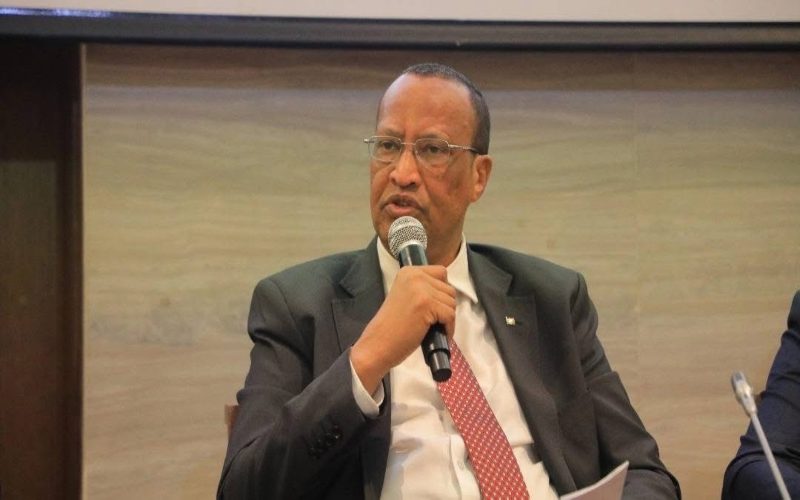
Governor Nathif Jama sharply criticized international organisations tasked with managing refugee affairs, accusing them of failing to act despite years of warnings.
Garissa Governor Nathif Jama has issued a passionate plea for urgent intervention to address the deepening humanitarian and environmental crisis in Dadaab, warning that decades of hosting refugees have left the region on the brink of ecological collapse.
More To Read
- Kenya urges stronger regional cooperation as transport corridors fuel disease risks across East Africa
- Garissa County signs MoU with KMPDU to boost doctors’ careers and staffing
- Kenyan journalists celebrate climate reporting wins at IGAD Media Awards 2025
- IGAD ministers renew regional pact on refugees as Kenya demands fair burden‑sharing
- Kenya’s refugee population hits 860,000 as State pushes integration plan
- IGAD rallies region to tackle deepening displacement crisis amid funding cuts, conflict
Speaking during the IGAD High-Level Regional Conference on "Improving Livelihoods for Refugees and Host Communities", held from October 20 to 23 in Addis Ababa, Governor Nathif said the burden on Garissa County and its residents has become unsustainable.
"For more than thirty years, Dadaab has borne the weight of a global problem that was never designed to last this long," Governor Nathif told delegates. "The situation has become intolerable."
He painted a grim picture of the environmental toll, citing widespread deforestation, the killing of wildlife such as giraffes for meat, and the rapid depletion of groundwater resources due to uncontrolled drilling of boreholes.
"Our aquifer is drying up, our trees are gone, and our wildlife is disappearing," Governor Nathif said. "These are not abstract statistics—this is the daily reality for our people."
The governor sharply criticised international organisations tasked with managing refugee affairs, accusing them of failing to act despite years of warnings.
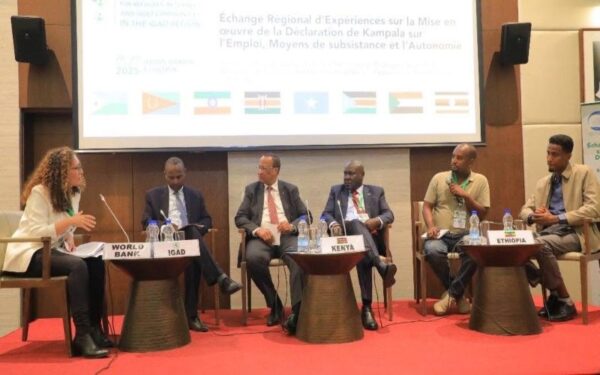 Delegates, including Garissa Governor Nathif Jama, at the ongoing IGAD High-Level Regional Conference. (Photo: Courtesy)
Delegates, including Garissa Governor Nathif Jama, at the ongoing IGAD High-Level Regional Conference. (Photo: Courtesy)
"These developments have unfolded under the direct watch of agencies mandated to protect and support refugees," he said. "They have consistently failed to take necessary and timely actions."
Nathif called for urgent and practical mitigation measures, including the introduction of alternative cooking systems to curb tree-cutting and reduce environmental destruction.
He further urged a shift in refugee management policy, arguing that the traditional model of prolonged encampment is no longer viable in light of changing global funding realities.
"We must move beyond dependency," Jama emphasised. "It is time to empower refugees to pursue self-reliant livelihoods that contribute positively to their host communities."
The governor also expressed support for the Shirika Plan of Kenya, describing it as a forward-looking and sustainable approach to addressing the long-standing challenges faced by both refugees and host communities.
"The Shirika Plan offers hope - a blueprint for shared prosperity, dignity, and stability," he said.
Governor Nathif's strong words resonated across the conference, underscoring a growing consensus among regional leaders that durable, inclusive solutions are urgently needed to safeguard both people and ecosystems affected by protracted displacement in the Horn of Africa.
Top Stories Today








